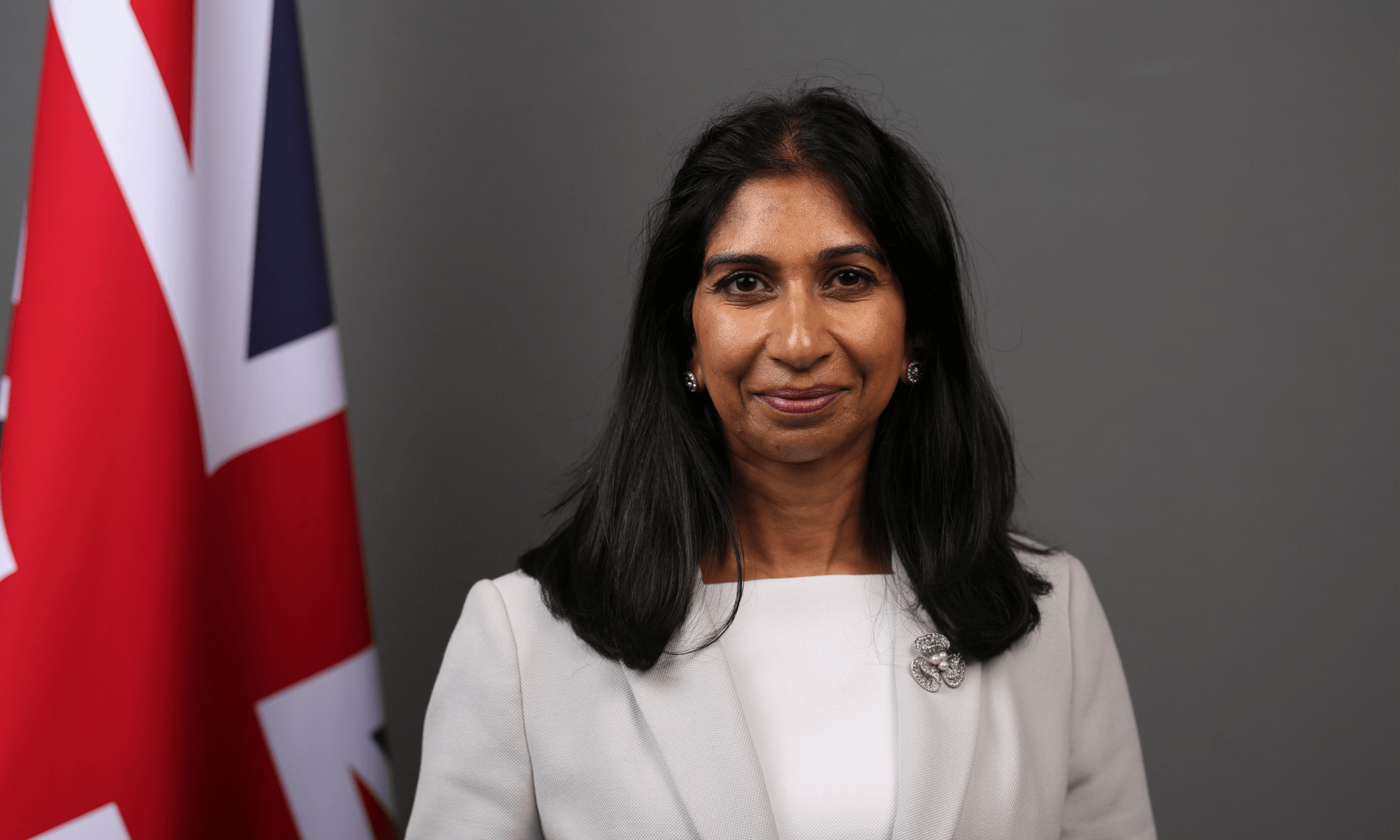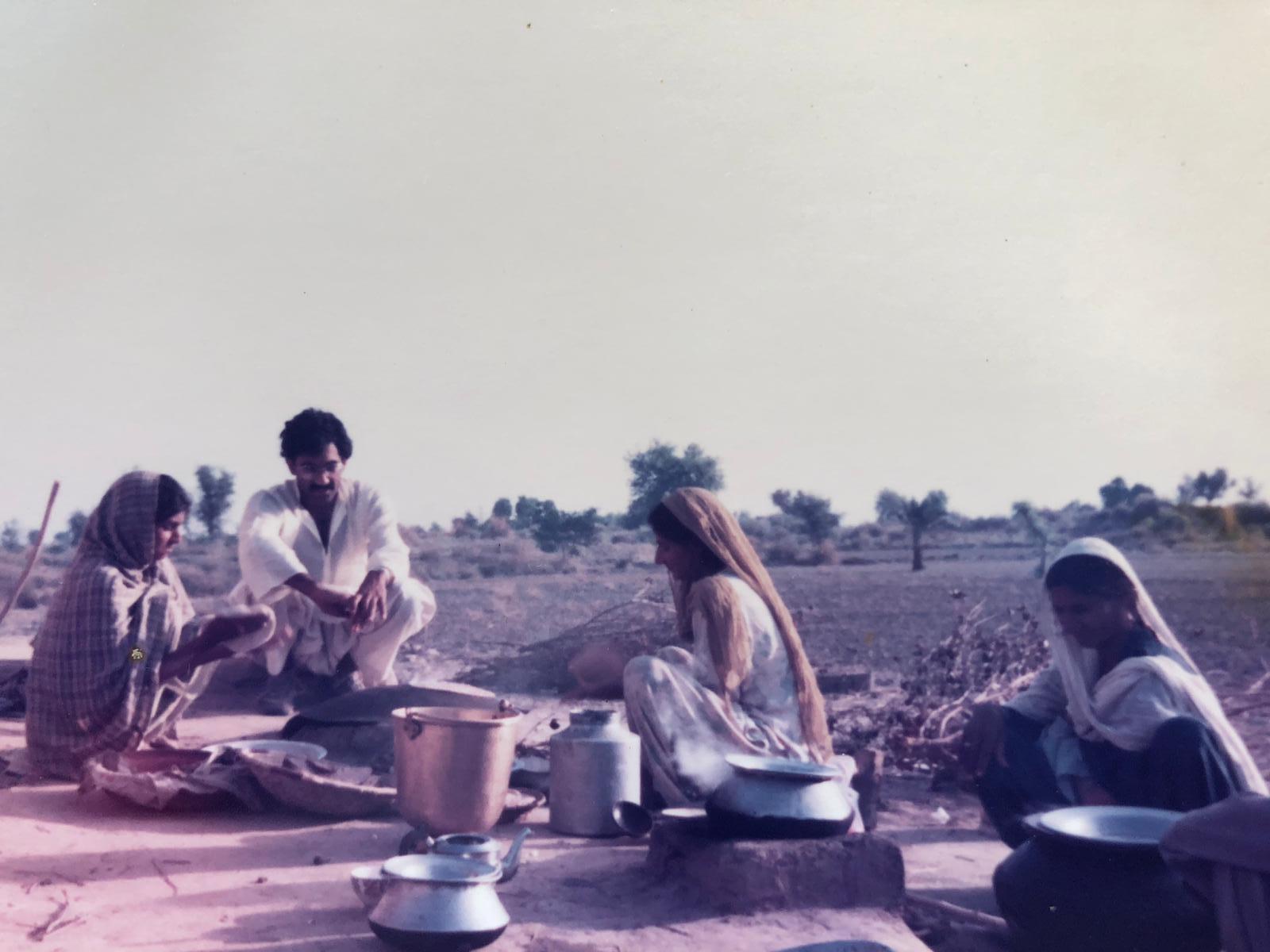
‘We’re only allowed to claim Britishness if we adhere to respectability politics’
Precious Agbabiaka
01 Sep 2016
On a fairly sunny Saturday afternoon at a staff BBQ this summer, I found myself asking the question, what does it mean to be British? A friend of mine had made a statement that took me and a few others aback: “I want to raise my children with a British identity but Nigerian heritage.”
Despite being born and raised in England, I’ve never consciously unpacked what it means to be British, and so I asked her to explain her statement. Both curiosity and annoyance made me want to understand what somebody who had migrated here had concluded on British identity.
She continued by explaining how great England was as a country. A place of freedom, open-mindedness, pride and connectedness. A place with a rich history. She wants her children to know about it, live in that understanding, and value it above the culture she grew up in. In hindsight her points make sense, especially because I’ve been reminded of how claustrophobic and legalistic Nigerian culture can be, it did feel like I was listening to a World War II propaganda advert.
Discussions surrounding Identity, especially a British one, are complex because they run deeper than our values. Once upon a time, to be British meant to be a white Anglo-Aaxon, but today over eight million people in our country don’t fit into that category. The idea of a singular British identity suggests that everyone who is born here, or who has the right to live here, have had the same experiences, which is false. From the food we eat to how we speak, this and more differs from every borough, city and every ethnic background within those areas.
My experience of growing up in London surrounded by Nigierians, Jamaicans and Indians, differs from that of my friend who grew up in Nottingham where the black community in his area and school wasn’t as big or connected. I also remember being told by my Year 7 science teacher that I wouldn’t get higher than Cs based on, not my B+ grades, but solely on the area I lived in, my ethnic background and the fact I came from a single-parent home which is something I doubt white girls in my class with similar living situations were ever told. This is just one of my issues with the idea of a single British identity. It’s not possible to collate our experiences of growing up in the same country into one box. Our colonial history and the existence of the Diaspora allow for multiple British identities to exist.
‘I was told by a teacher that I wouldn’t get higher than Cs in my exams because of my ethnic background’
My issue with my friend’s view on British identity runs deeper. This depiction of England as this great country is a glorified view drenched in a privilege that I, my friend and other non-whites are technically not entitled to. A privilege birthed from racial superiority. I was annoyed by her statement more so than anything else because this same view of England she read in her book for indefinite stay, was the same thing drilled into the inhabitants of the countries England once colonised and the audacity of it offended me.
Regardless of whether we are born here or we move here, we’re taught to sing the praises of and love a country that has long since placed conditions on our Britishness. We’re allowed to claim England on the condition that we adhere to respectability politics and win gold medals at the Olympics (Mo Farah and Anthony Joshua) but even then, there’d be no guarantee that our identity wouldn’t be stripped from us if we stepped out of line. If we look at Michael Adebolajo and Michael Adebowale, two British men who killed army soldier, Lee Rigby in May 2013, they were constantly referred to as Muslim extremists or Nigerian in newspapers despite growing up in England. As ethnic minorities we can single-handedly represent and disgrace an entire race, nationality or religion when we’re violent yet the “British identity” remains intact when we act out. Our ties to it are severed by the true Brits who constantly claim, but not in so many words, that demonstrating certain behaviours is a trait exclusive only to the alien side of who we are.
The “you can’t sit with us” attitude British culture has often displayed makes it hard for me to consider placing my Britishness over my heritage. It has been a culture that has consistently denied me the right to fully identify with it due to being othered in education, the workplace and friendship circles. “Unpronounceable” names in classrooms as a result of lazy teachers would often make me feel like I was different from my white classmates. Having “African” accents or random patois words thrown at me in conversations as if that was the only way I would be able to understand simple sentences and let’s not forget the non-existence of black British history from the curriculum.
‘As ethnic minorities we can single-handedly represent and disgrace an entire race, nationality or religion’
If I was to rely on what television, education and mainstream media had to say about what it means to be British I’d never know who I was. I’d not be British because I’m not white and therefore my life is worth less, because I’m loud when I get riled up which isn’t a British thing to do and because another UK born Nigerian I have never met, committed a heinous crime which means I too must have my Britishness stripped away from me due to cultural association.
Being British to me resembles the famous Benjamin Zephaniah poem. It’s when my love for my heritage mixes with my love for the cultures of other people around me. It’s understanding patois because that’s all I heard come out of my Jamaican childminder’s mouth when I was growing up. It’s when I’m able to greet the parents of my Indian friends in Gujarati and sing along to Malawian songs. It’s being unapologetically black and not downplaying my feelings to make others feel comfortable. It’s also being a snob when Nottingham locals want to say anything negative about London. But I digress.
Unlike my friend, I won’t place being British over my heritage when raising my children because they will run side by side. That’s what being British is to me. My blackness has defined, in both good and bad ways, my Britishness and that includes influences from my Nigerian heritage, the heritage of those around me and where I grew up. My Black-British identity is maintained because I have communities online and offline who understand the complexities of being both and are aware that they are not mutually exclusive as papers like the Daily Mail would have us believe.
The Black-Britishness of my children will be firm no matter who tries to strip it from them because they’ll learn, a lot earlier than I did, that their Britishness won’t be defined by anyone else but them.









